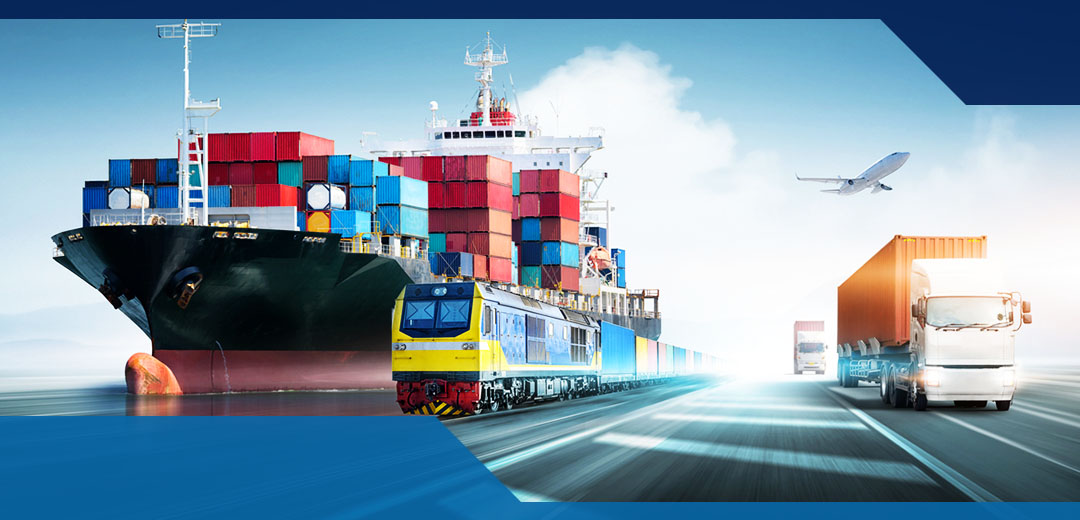Cargo Expedition: Navigating the Way forward for International Logistics
Cargo Expedition: Navigating the Way forward for International Logistics
Blog Article
Cargo trips are the unnoticed icons of commerce today that drive the flow of items across oceans and boundaries for the benefit of global economies. They allow industries to link with markets across the world, making sure that goods are distributed to consumers in a timely manner and reliably. From tiny packages to massive industrial machinery, cargo excursions cater to diverse needs, playing a vital role in the smooth functioning of supply chain. Today, in a world of increasing globalization in which time is of the essence, the significance of organized cargo trips cannot be understated. They are the foundation of trade, bridging the gaps between consumption and production around the globe.
One of the primary factors that shape the efficiency of cargo expeditions is the transportation method. The type of shipping method-air freight, sea freight or road freight, is largely based on the kind of cargo, the destination of the shipment, and the timeframe for transport. Sea freight is the most commonly employed method of transporting big quantities of goods due to its cost-effectiveness for long-distance travel and can take care of a broad range of products. But, it has higher transit times in comparison to air freight, which is best suited for expensive or sensitive goods such as medical devices, electronic products, and perishable goods. Road freight, which is typically utilized to transport regional goods, provides an array of flexibility, and is able to supplement shipping by air or sea, bridging the gap between warehouses, ports, as well as their final destinations.
The advancement of technology has revolutionized the freight expedition industry, enabling greater efficacy, transparency, and security. The real-time tracking system provides businesses with up-to-the-minute updates on the status of their cargoes, which improves the visibility of their cargo and making it easier for planning. Blockchain technology can improve the efficiency of supply chains, by creating immutable and secure data of all transactions and transport. Artificial intelligence is utilized to streamline routes, forecast possible delays and cut cost, while automating warehouses streamlines the transportation and sorting of products. The technological advances not only improve operational efficiency but also establish trust among the stakeholders, ensuring the smooth movement of goods through an increasingly connected world.
Sustainability has become a key focus in the Cargo Expedition industry which is in line with the increasing concerns about the impact of environmental factors. Companies are increasingly adopting greener techniques, for example using electric vehicles, as well as fuel efficient planes. Sustainable packaging solutions and the efficient use of shipping routes is helping to reduce pollution and waste. Internationally, governments and companies are encouraging these practices through policies and incentives, pushing forward the shipping industry to a more green future. Integrating sustainability into the business model doesn't just align with the global goals for environmental sustainability, but will also appeal to consumers as well as companies that are committed to green practices when they conduct business. To get new details please look at https://muat.com/
The efficiency of cargo trips heavily relies on the expertise and coordination of logistics specialists. They manage complicated supply chains and ensure that they are in compliance with international trade rules and the requirements of customs. They are constantly working in order to predict and solve problems that could arise, including delays, geopolitical tensions or weather disruptions. The ability of their team to work together across diverse modes of transport along with time zones and different languages is vital to ensuring the effectiveness of trade across borders. Training and development for skills are vital in this area which allows professionals to adjust to technological advancements and the constant demands of the world market.
The growing demand for cargo transportation service is inextricably linked to the growth of online shopping, changing the way products are bought and sold. Shopping online has led to a global marketplace where goods are distributed to buyers on different continents. This has resulted in quicker and more reliable shipping systems. E-commerce companies, particularly giants such as Amazon and Alibaba have revolutionized the logistics industry by making use of advanced technology within their supply chains. This enables they to deliver goods in rapid times. It has set the bar for other firms, and forced companies to invest in effective logistics solutions for cargo to remain in the game. As e-commerce continues to grow increasing the demand for more efficient and efficient services for cargo will become more important as ever, altering the global logistics systems and driving innovations in the sector.